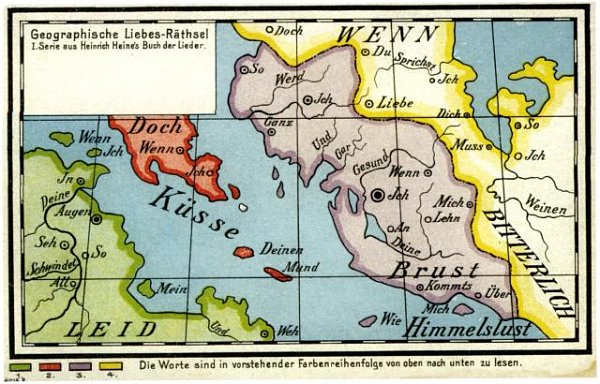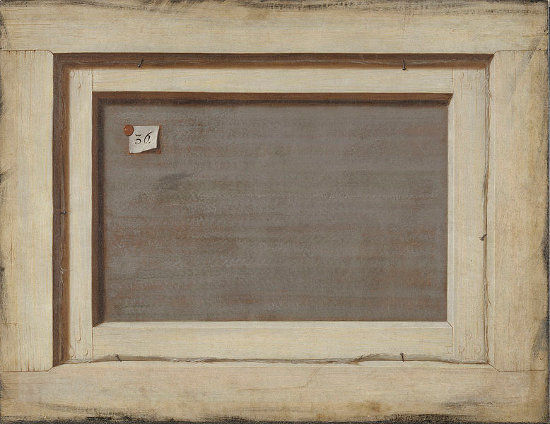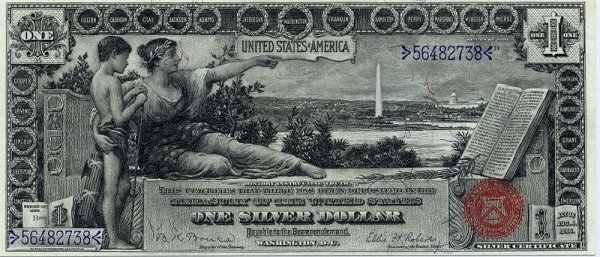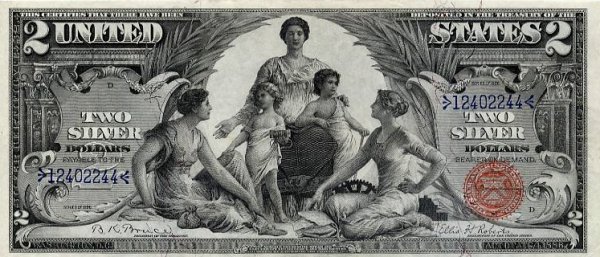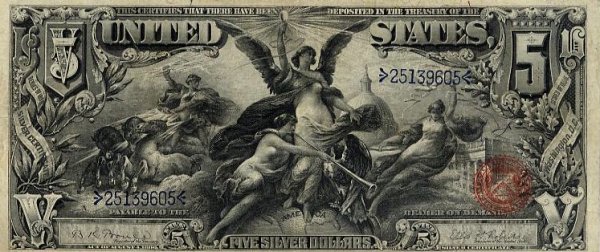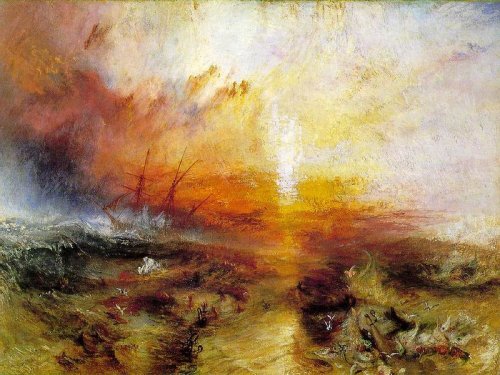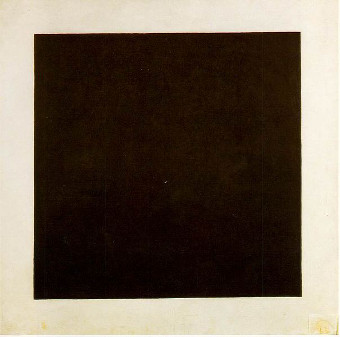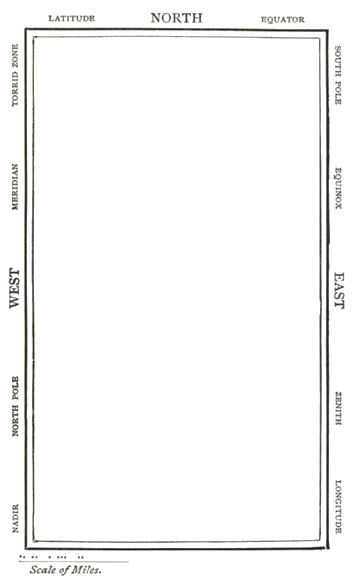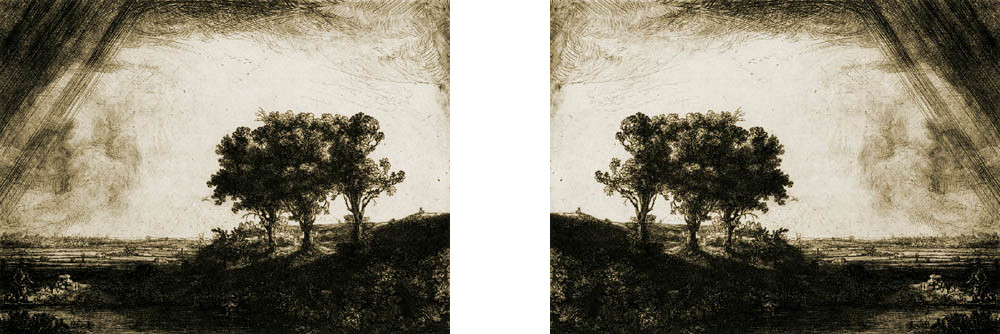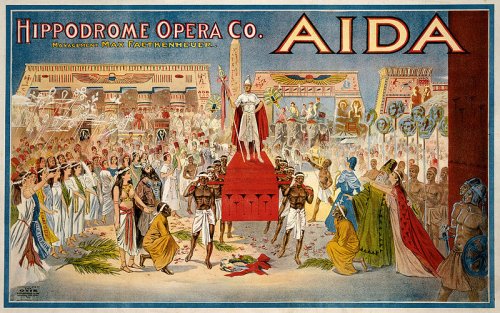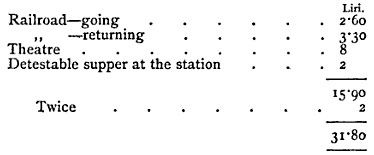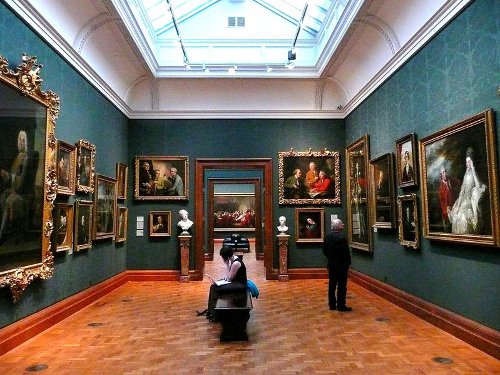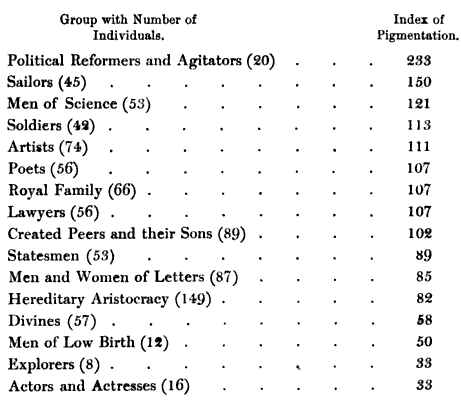Erik Satie’s 1893 composition Vexations bears an inscrutable inscription: “In order to play the theme 840 times in succession, it would be advisable to prepare oneself beforehand, and in the deepest silence, by serious immobilities.” This seems to mean that the piece should be repeated 840 times in performance, which would take 12-24 hours, depending on how you interpret the tempo marking “Très lent.”
“It is perhaps not surprising that few of the performances [Gavin] Bryars lists have been complete,” writes Robert Orledge in Satie the Composer, “for with the bass theme repeated between each 13-beat harmonization, it recurs 3,360 times.”
“It is probable that Satie’s vexations are those expressed in the latter part of his difficult relationship with Suzanne Valadon, that is to say, somewhere between April and early June 1893.”

